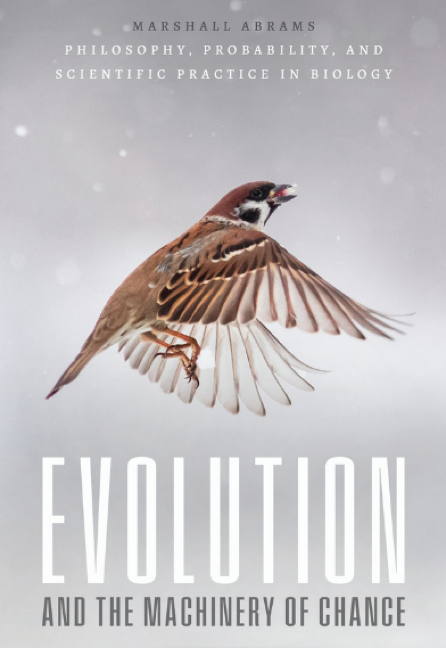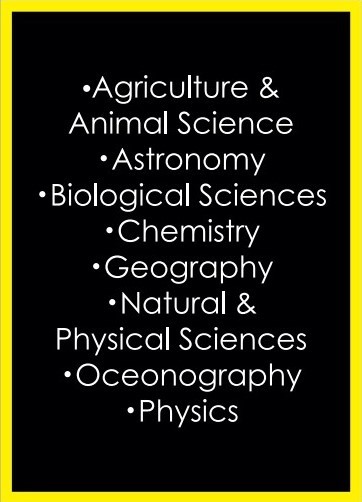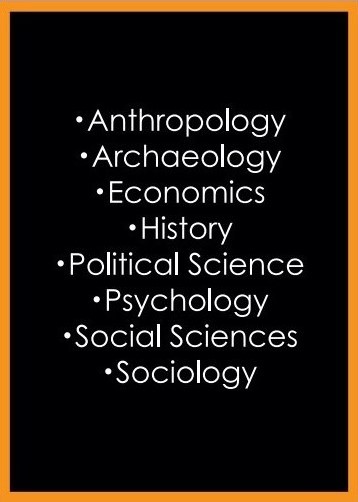Evolution and the Machinery of Chance
Breve Descripción
Algunos rasgos u organismos son más aptos que otros, y la selección natural ocurre cuando hay cambios en la distribución de rasgos en las poblaciones debido a diferencias de aptitud. Muchos filósofos de la biología insisten en que la aptitud de un rasgo debe definirse como un promedio de las aptitudes de los miembros individuales de la población que tiene el rasgo. Marshall Abrams argumenta convincentemente en contra de este enfoque generalizado. Como muestra, entra en conflicto con los roles que se supone que desempeña la aptitud en la teoría de la evolución y con las formas en que los biólogos evolutivos utilizan los conceptos de aptitud en la investigación empírica.
Breve descrição
Algumas características ou organismos são mais aptos do que outros, e a seleção natural ocorre quando há mudanças na distribuição de características nas populações devido a diferenças na aptidão. Muitos filósofos da biologia insistem que a aptidão de uma característica deve ser definida como uma média da aptidão de membros individuais da população que possuem a característica. Marshall Abrams argumenta de forma convincente contra essa abordagem generalizada. Como mostra, entra em conflito com os papéis que a aptidão supostamente desempenha na teoria evolutiva e com as formas como os biólogos evolucionistas usam os conceitos de aptidão na pesquisa empírica.
Full description
An innovative view of the role of fitness concepts in evolutionary theory.
Natural selection is one of the factors responsible for changes in biological populations. Some traits or organisms are fitter than others, and natural selection occurs when there are changes in the distribution of traits in populations because of fitness differences. Many philosophers of biology insist that a trait’s fitness should be defined as an average of the fitnesses of individual members of the population that have the trait.
Marshall Abrams argues convincingly against this widespread approach. As he shows, it conflicts with the roles that fitness is supposed to play in evolutionary theory and with the ways that evolutionary biologists use fitness concepts in empirical research. The assumption that a causal kind of fitness is fundamentally a property of actual individuals has resulted in unnecessary philosophical puzzles and years of debate. Abrams came to see that the fitnesses of traits that are the basis of natural selection cannot be defined in terms of the fitnesses of actual members of populations, as philosophers of biology often claim. Rather, it is an overall population-environment system—not actual, particular organisms living in particular environmental conditions—that is the basis of trait fitnesses. Abrams argues that by distinguishing different classes of fitness concepts and the roles they play in the practice of evolutionary biology, we can see that evolutionary biologists’ diverse uses of fitness concepts make sense together and are consistent with the idea that fitness differences cause evolution.
Abrams’s insight has broad significance, for it provides a general framework for thinking about the metaphysics of biological evolution and its relations to empirical research. As such, it is a game-changing book for philosophers of biology, biologists who want deeper insight into the nature of evolution, and anyone interested in the applied philosophy of probability.
Natural Science
otras áreas de / interés...
other areas of / interest...
outras áreas de interesse...
¿Buscas libros en un área específica?
Looking for books in a specific area?
¿Procurando livros em uma área específica?














